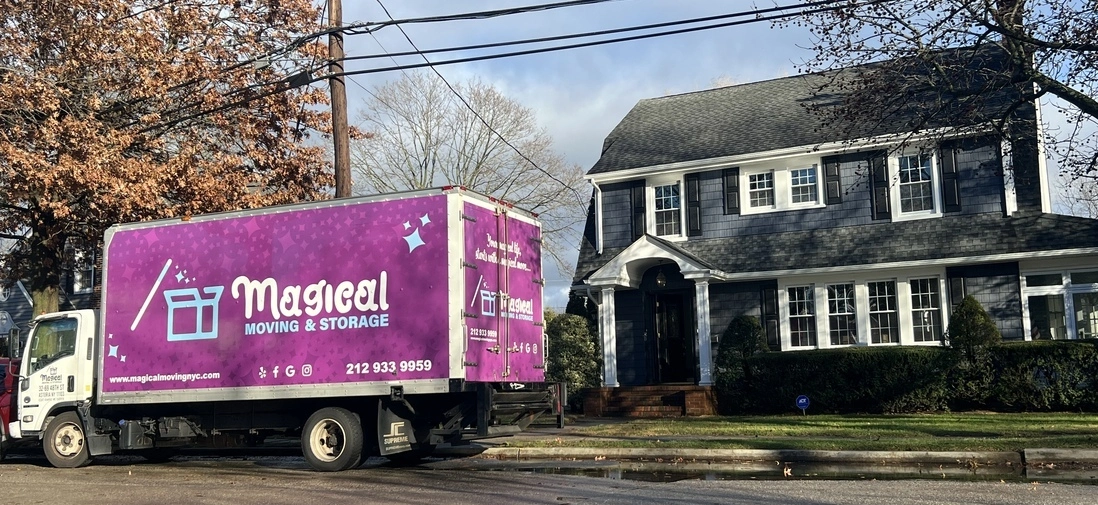
Residential moving is a significant undertaking that requires careful planning and consideration, and a crucial aspect of this process is budgeting.
In this blog, we delve into the essential topic of estimating costs for your residential moving.
Moving can often come with unforeseen expenses, making it imperative to create a comprehensive budget to ensure a smooth transition to your new home. From hiring professional residential movers to factoring in packing materials, insurance, and potential storage costs, each element plays a vital role in estimating the overall costs.
Join us as we break down the key considerations and provide valuable insights to help you plan and execute a cost-effective and stress-free residential move.
These are the few topics we’re about to go through as we talk about estimating your residential moving costs:
Understanding Your Residential Moving Budget
- 1. Buying packing materials (if you’re doing packing by yourself)
- 2. Hiring packing services from a moving company
- 3. Moving insurance (if required by the building management) - take a look at our blog about Certificate of Insurance (COI) blog
- 4. Special items moving and packing services (such as pianos, art, safes, etc.)
- 5. Unpacking services (if you’re NOT doing it by yourself)
Our moving company has the best prices and provides affordable local and long distance moves, so don’t hesitate too much – GET A FREE QUOTE NOW!
Estimating Moving Costs
- Size of your move: Knowing how much you're moving is crucial because a moving company won't charge the same for moving five boxes as they would for nearly an entire house with all the furniture. So, it's essential to consider the size of your move.
- Packing services: As mentioned earlier, packing and unpacking services are worth mentioning again because many people forget that these services are billed separately. If you plan to hire professional movers and utilize their packing and unpacking services, expect the overall cost to be higher.
- Furniture assembly and disassembly: This is another aspect that people often overlook but affects the overall cost. If you've arranged with the moving company to disassemble and then reassemble your furniture, the cost will also be higher.
- Storage: If you have items you don't want to take to your new home but don't want to part with, storage might be the solution. However, remember that storage comes with a cost. Check with the moving company for their cubic-foot rate and whether it suits your budget.
- Moving date: It's not only about how much you're moving but also when you're moving. Prices during peak seasons or weekends can be significantly higher due to high demand. Conversely, moving off-peak or during weekdays, mid-month, can be considerably cheaper. Try to align this factor with your schedule.
- Extra stops: If movers need to make additional stops to leave or pick up items at specific locations, your move will cost a bit more. Keep this factor in mind.
- Tipping: While not obligatory, showing appreciation for a job well done is always welcome. If you plan to tip the movers, make sure you have some cash on hand at the end of the move. Though not mandatory, it's a nice gesture to express gratitude for their hard work. You can also check out our blog on tipping movers.

Communicate With Your Movers
Selecting the Right Moving Services
Take No Risk With Insurance
Call Us And Get a Free Quote
If you’ve decided on moving with professionals, then you’re only one step from having a magical journey! Get a free quote and enjoy your move with Magical Moving & Storage.